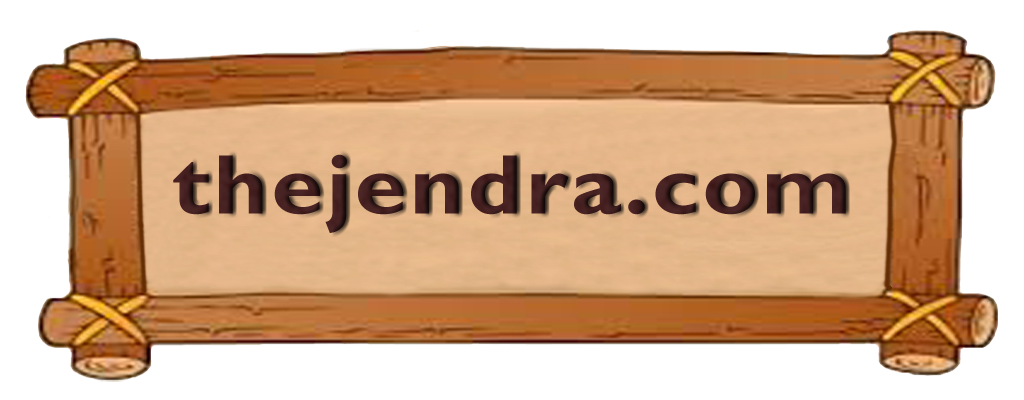Why Should I Self-Publish?
This simple question haunts many aspiring authors and writers. Why should I self-publish and why should I pay to get it published? My book is great and any publisher will publish it and pay me handsome royalties. Typical newbie author's dream. Those royalty payments and fabulous six-figure advances would be great to buy a new Mercedes or BMW, is it not? Will I have time to attend all those TV interviews, and book signing tours? The dreams are endless.
At the beginning of every writing career, all authors strongly believe that it's an easy matter to get their manuscripts accepted by big publishers. After all, every writer believes his or her writing is simply superb and every reader on earth would love to read it. Sadly, the reality is just the opposite. Consider the following facts of the publishing industry.
An aspiring author can spend months or maybe years just to get a fancy rejection letter from a reputed publishing house or agent. Most of the time, one does not even get a rejection letter. Therefore, you do not know whether to wait or contact someone else. Top publishing houses and agents do not look at new authors. More than 99% of all submissions are rejected for myriads of reasons. Even established authors cannot guarantee that their previous publisher will accept their next manuscript. Even if a manuscript gets accepted it will take at least 6 to 12 months to see daylight with a strong possibility of it getting rejected or postponed at the last minute because the chief editor did not like something about it.
Each literary agent has different and often complicated submission & rejection procedures. Most of them do not respond to emails, phone calls, faxes, and prefer the traditional snail mail submissions with a turnaround time of several months for a reply. You have already spent months (or years) writing your book. Would you again want to wait months and years for someone to accept or reject it?
Though many reputed literary agents and consultants do not charge any money for the basic process, there are bound to be various hidden costs for faxing, photocopying, mailing, etc. In addition, an agent may refer to a particular proofreading service or some other service that will charge you a bomb to make some minor changes here and there. Due to the delay and frustration dealing with publishers and agents, many authors often fall prey to flashy vanity presses and their exorbitant packages like below.
Unless you are a highly popular person with a revolutionary book, most books do not sell more than a few hundred to thousand copies per year. So, if you take the vanity press route you will never recover the costs. Of the millions of books published at present, only a few thousand titles cross sales of over a hundred thousand copies in their lifetime. And many more.
Hence, it is always better for aspiring writers and authors to try their luck first with self-publishing by spending a small amount of money.
Consider the following benefits of self-publishing.
Speed: You can get your books published in a matter of weeks & months, not years and years.
Control: You will have complete control over the layout, design, cover page, pricing, etc.
Profits: You normally make more money by self-publishing and promoting your own book as all the royalties will come directly to your bank account.
Costs: Self-publishing need not be expensive as some people portray it to be. For less than $500/- you can get your book published and available from the North Pole to the South Pole in both Paperback and all eBook formats. Due to print on demand publishing, there is no need for any inventory. Amazon will print and ship the paperback only after a customer orders it. Any number of books can be printed and shipped. The book will never go out of print, and the author can promote his or her book using the unlimited possibilities of the Internet.
Test the waters: You can write small books initially and test the ability to portray yourself as an author. People today want concise and simple information. Fill a need, a void, and write something that people want. Create a catchy title and cover. An author is an author, whether you write an eighty-page book or a four hundred-page book.
Success or Failure: An author can easily find out if the book is a success or a failure fast. If the book is something unique, has a catchy title, fills a void it will soon become a success. If not, well ...., maybe the next book will be better.
Promotion: Bookstores are not the only places where books are sold. Many office goers buy business books online by searching for the type of books they want. There are hundreds of ways to promote your book like social media, friends, relatives, word of mouth, newsletters, websites, email campaigns, etc. Several books that are now international bestsellers were all self-published initially by their authors.
Article Author - Thejendra Sreenivas
Web Cave - www.thejendra.com

